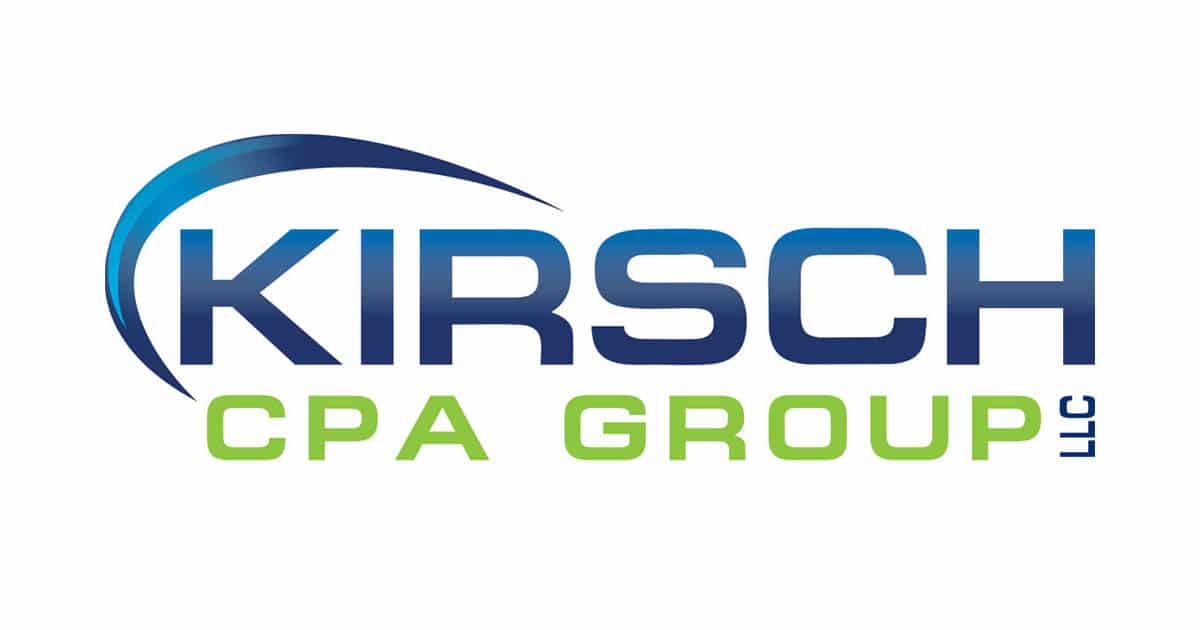Preventing Theft of Your Business’s Trade Secrets
Kirsch CPA Group
Jun 24, 2021

With millions of U.S. employees still working from home, companies’ intellectual property (IP) is at greater-than-usual risk of theft, loss or compromise. IP includes trademarks, copyrights, patents and, the most common IP asset, trade secrets. Whether you realize it or not, your company likely has trade secrets. And if you don’t protect them, you could lose them — and the significant profits that go with them.
Defining Terms
Because various state and federal courts use different definitions of trade secrets, the United States lacks a uniform definition. But in general, a trade secret is business information that:
- Isn’t widely known and available to competitors,
- Provides the holder with some form of commercial value or ability to sustain a competitive advantage, and
- The owner takes reasonable steps to ensure it remains secret.
Let’s say, for example, that your company develops from scratch a recipe for a proprietary food product. If you securely store and restrict access to the recipe and limit knowledge about the production process to trusted employees, your recipe likely qualifies as a trade secret. Other trade secrets include proprietary computer codes, algorithms to price products and services, and customer and client lists.
Identifying Assets
To protect your trade secrets, you first must identify them. Start by drawing up an inclusive list, then work with your attorney to review and confirm your findings.
Next, identify the policies and procedures that govern the use of trade secrets. For instance, does your company require employees with access to trade secrets to sign confidentiality agreements? When employees leave your company, are they required to return business property, including trade secrets? Your legal team can help you review your employee handbook to ensure it includes rules that protect your trade secrets.
Also enlist the expertise of IT professionals. Robust passwords should protect your trade secrets in digital formats. And make it difficult for employees to download files containing trade secrets to portable flash drives or to email them to anyone outside your company. Finally, limit employees’ ability to print documents containing trade secrets.
Don’t forget about the trade secrets within your company’s physical location. If your business conducts research and development, does access to that department require keycards? Could an employee use a smartphone to take photos or make a video recording of trade secrets in a secure area?
Rethinking Access
In general, it makes sense to limit employee access to trade secrets only to those who need it for a legitimate business reason. Keep a list of who currently has access and regularly review it to ensure they should remain on the access list.
Even with trusted employees, you may want to restrict full access to trade secrets. Instead of providing unfettered access to your list of clients, for example, you might allow employees to view records for certain clients or certain details about clients. An employee who needs a client’s email may be able to see that information but not have access to the client’s previous or pending orders.
If employees working from home need to print documents related to trade secrets, consider providing them with a shredder for their home office. Alternatively, require them to retain those documents and return them to the office where you can shred them.
Both remote and in-office workers should receive regular training on how to avoid exposing your company to cyberattacks that could put trade secrets at risk. Make sure they understand the dangers of opening unsolicited emails and clicking on attachments and know how to avoid unsafe websites. To reinforce training, share articles about cyberattacks on companies — particularly those that victimized similar businesses — and reiterate the lessons that can be learned from such attacks.
Taking Action
Trade secrets don’t protect themselves. You need to deploy the appropriate policies, technology and oversight to keep them safe. Inventorying assets, assessing the effectiveness of current protections and educating employees on their safeguarding role are all critical. Contact Kirsch CPA Group for help protecting trade secrets and other valuable IP.
We can help you tackle business challenges like these – schedule an appointment today.
© Copyright 2021. All rights reserved.
More Resources

About The Author
Kirsch CPA Group is a full service CPA and business advisory firm helping businesses and organizations with accounting,…
Sign Up for Email Updates
Tags
Accounting & Financial News

GAAP vs. Tax-Basis Accounting: What’s Right for Your Company?
Does your business need to prepare financial statements that conform to U.S. Generally Accepted Accounting Principles (GAAP)?…

How Construction Businesses Can Better Manage Their Money
For construction businesses, financial management is notoriously complex. Contractors have to deal with the ebbs and flows…




